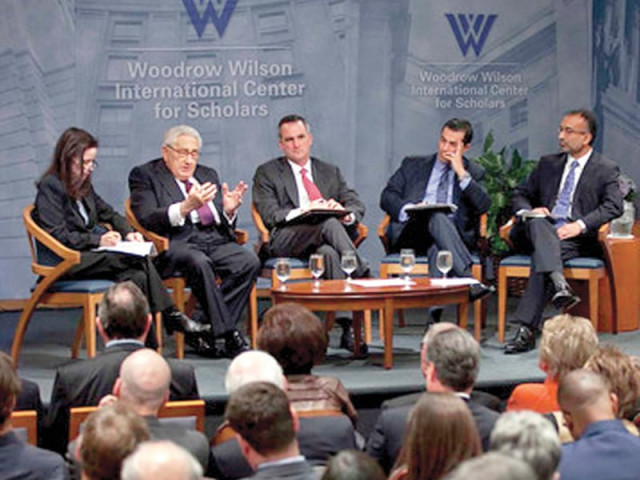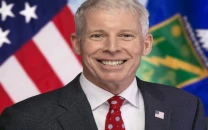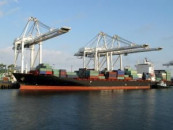The doctor speaks: Pakistan’s objectives not identical to US, says Kissinger
Former secretary of state says US withdrawal affects Afghanistan’s neighbours more than US itself.

Kissinger expressed these views in response to a question during an event titled “Afghanistan – Is there a regional endgame?”, organised by the Woodrow Wilson International Centre for Scholars, a Washington-based think tank with a focus on US foreign policy.
The crowd was packed – as it usually is when the doctor is speaking – at the event where several other experts also spoke about the role Afghanistan’s neighbours might play in the region as the US withdraws its forces. Kissinger contended that the effect of a US withdrawal would be greater on the regional players than on the US itself.
In a voice that still has the thick German accent of his native Bavaria, the doctor laid out a theme that was consistently present in his latest book about China: that US foreign policy was too impatient. “One of the problems is that there is a belief that solutions to problems could be reached in a finite period of time.”
Kissinger remains, as ever, a proponent of realpolitik, which was evident in the way he talked about Pakistan’s strategic objectives in Afghanistan. “Their objectives were not identical to the US, and could not be identical from their (Pakistan’s) point of view.” As a result, he said, Pakistan not only tolerates sanctuaries, but also at some level encourages these safe havens.
Other speakers were equally circumspect about the limits of US capabilities in the region. The US has bad relations with the two countries that matter most in the region – Iran and Pakistan – said Vali Nasr, a professor at the Fletcher School of Law and Diplomacy at Tufts University and a former member of Richard Holbrooke’s team.
Both countries were ready to help the US leave, but not support the strategy, and were planning for a post-US scenario, said Nasr. He added that there was a lack of trust in the region in the United States’ strategy.
When asked about Imran Khan’s rally, Nasr said that the PTI’s rise is a warning sign to the US. Imran Khan has come up on an anti-American agenda, and the United States should pay attention to the story, said Nasr, describing the PTI rally in Lahore as more important than in the past week stories about the Haqqani network.
Published in The Express Tribune, November 2nd, 2011.



















COMMENTS
Comments are moderated and generally will be posted if they are on-topic and not abusive.
For more information, please see our Comments FAQ